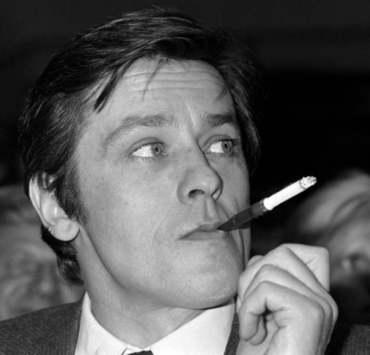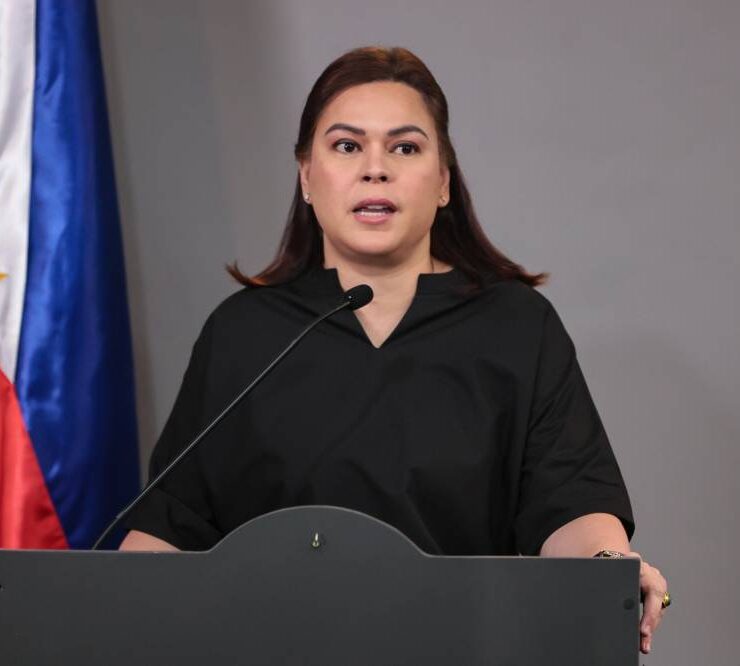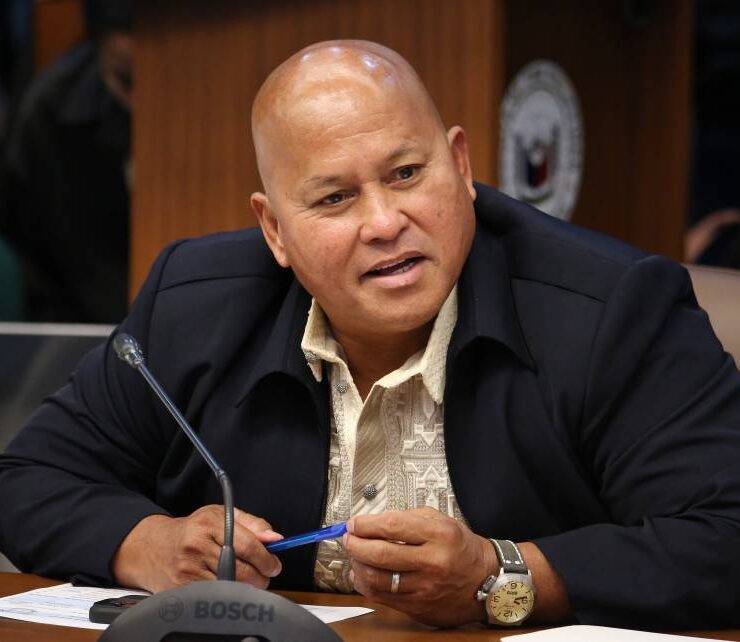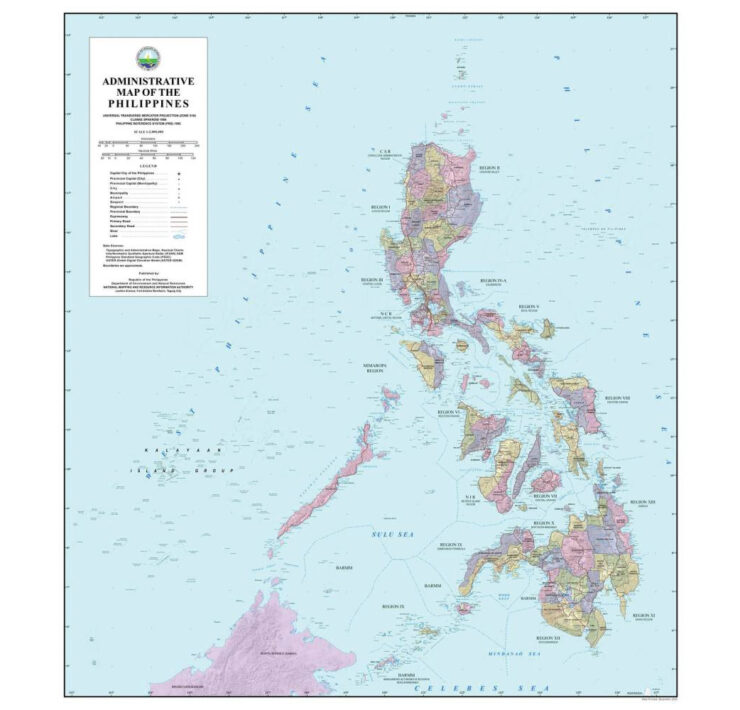The graduation the Eraserheads never had
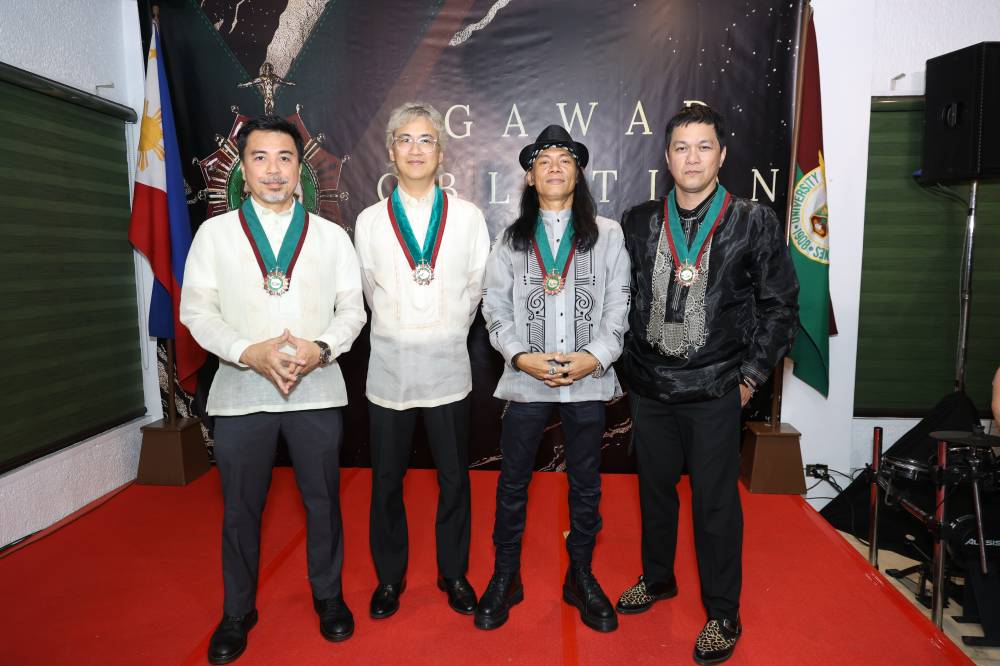
With a medal around their necks, their loved ones beaming at them, Ely Buendia, Raymund Marasigan, Buddy Zabala and Marcus Adoro stood onstage with giddy grins on their faces, like proud schoolboys on graduation day.
The four musicians, who met and formed the iconic rock band Eraserheads in the late 1980s, have no diplomas to show for their time at the University of the Philippines (UP) in Diliman, as Marasigan jokingly pointed out.
But last Aug. 20 at the UP Executive House, they finally got a sense of what it must have felt like to hold one. For “indelibly shaping the soundscape and spirit of Filipino pop culture,” the band was given something of equal, if not greater, importance—the Gawad Oblation.
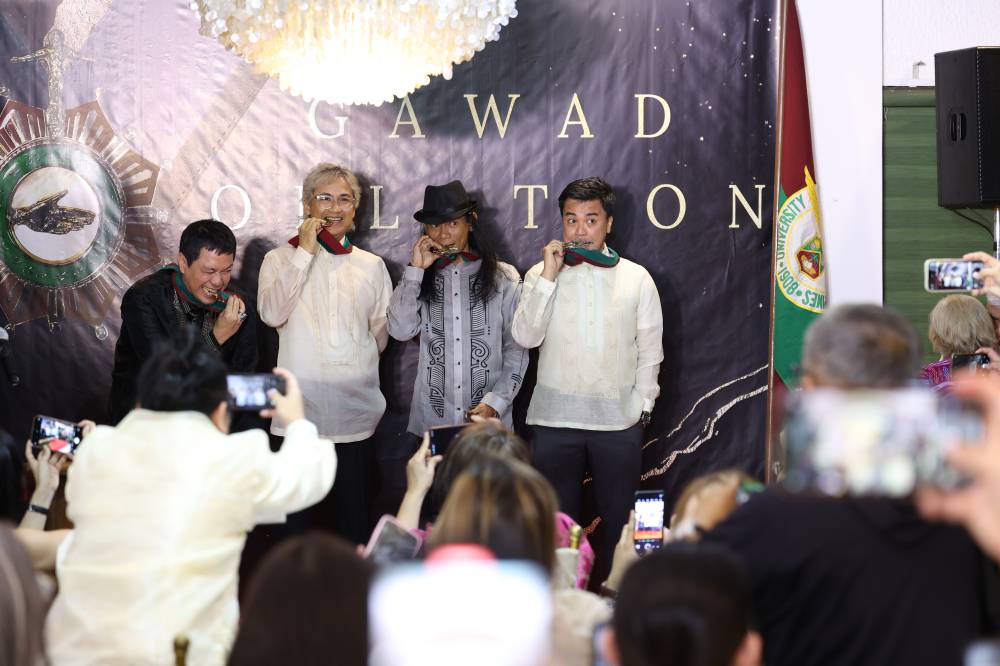
After UP President Angelo Jimenez draped the prestigious medal around Marasigan, the palpably excited drummer raised his fists in triumph. One wouldn’t have guessed that he was actually feeling the butterflies.
Extraordinary service
“Kinakabahan ako—sh*t!” quipped Marasigan, who dedicated the “unexpected honor” to his parents “who continued to support me even if I couldn’t give them a diploma.” On Instagram, after the event, he wrote: “Parang grumadweyt na rin kami ngayon.”
“So, this is how it feels to graduate. Heart bursting… I look far away, imagining that my parents beaming proudly at me,” Zabala, the band’s bassist, also wrote on Instagram.
And as they posed together for photos, Marasigan asked his bandmates to bite their medals for the cameras, as if Olympic athletes on a podium.
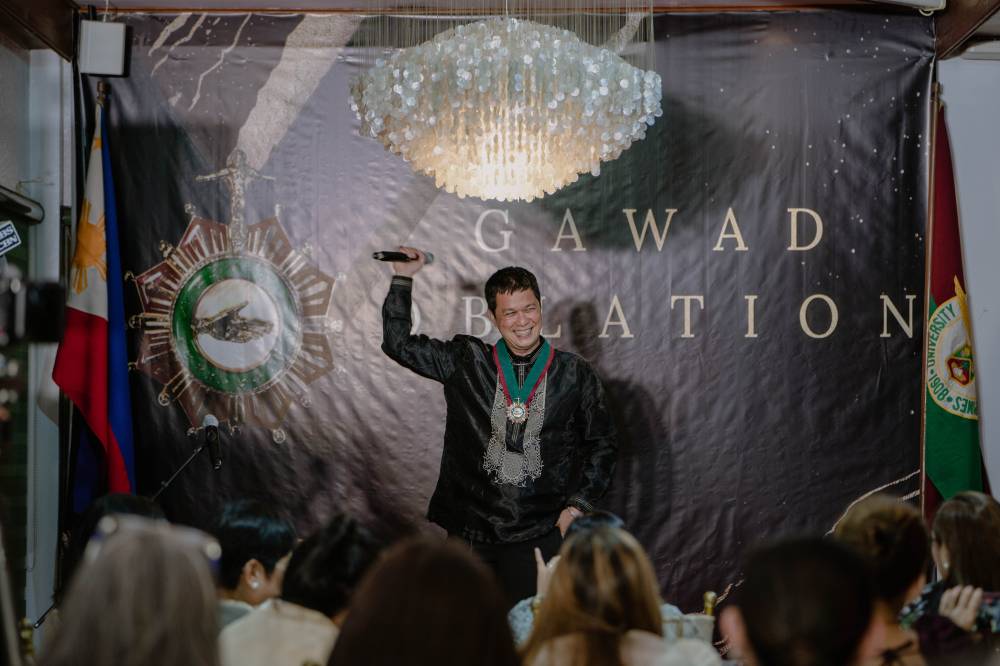
Launched in 2017, the Gawad Oblation is “the highest distinction UP can bestow” on those who have rendered and continue to render “extraordinary service with or in the name of the university.” The title is typically conferred on individuals or organizations that excel in the fields of research, education, creative production, public service and volunteerism, among others.
The real deal
The Eraserheads is the first pop music act, or mainstream celebrity for that matter, to have been given the honor, Jimenez told the Inquirer. He described the band as “a cultural icon” that helped define the music and identities of a generation.
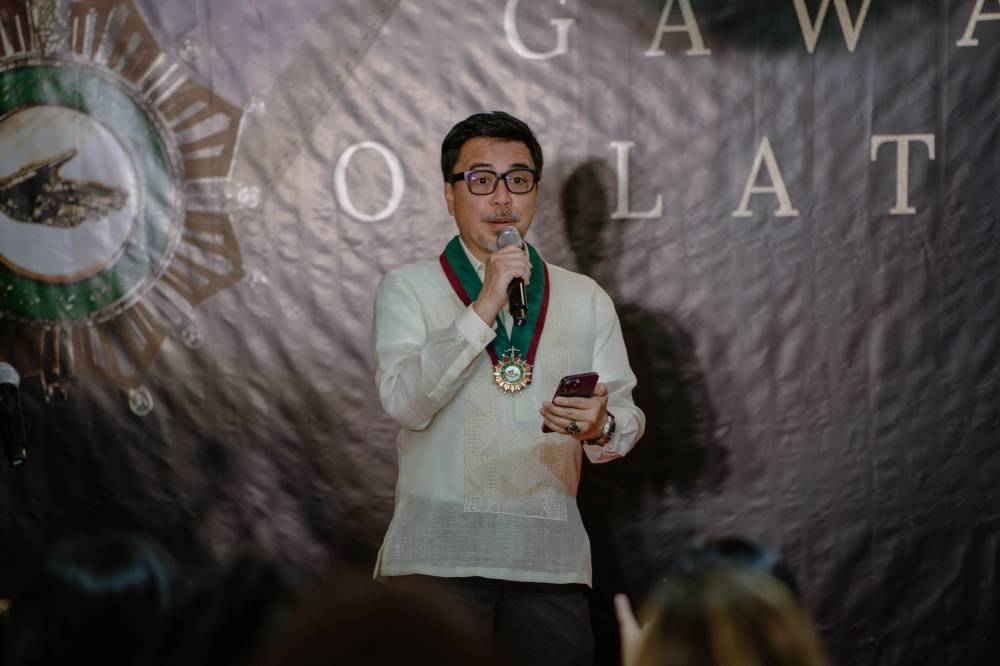
“Through songs, they voiced out our struggles and hopes,” he said, adding the band’s enduring music, which has unwittingly become a soundtrack, not just of UP students’ lives, but of the Filipino people.
The award citation credited the Eraserheads for being an industry game changer that “captured zeitgeist of the 1990s.” “It wielded its artistry, not only to entertain, but to ignite change … leaving an indelible imprint in the culture consciousness of Filipinos,” it read.
In his testimonial, retired humanities professor and musician Robin Rivera recounted meeting the band during its infancy, and how he helped the young artists record their now legendary demo tape, “Pop-U,” at the university’s faculty studio from May 25 to 26 in 1991.
Potential
“Whatever happens to them, at least they would have some sort of documentation of their youth,” said Rivera, who served as a mentor to the band. “But while their eventual stardom was unexpected, it wasn’t altogether surprising because I know their songs were the real deal.”
He recognized that potential from the moment he heard samples of their bedroom-recorded compositions on the C-60 cassette Marasigan, his then student, handed to him. “The songs were dripping with originality, wit, colloquialisms, imagery and intensity wrapped up in the language of their generation,” Rivera observed.
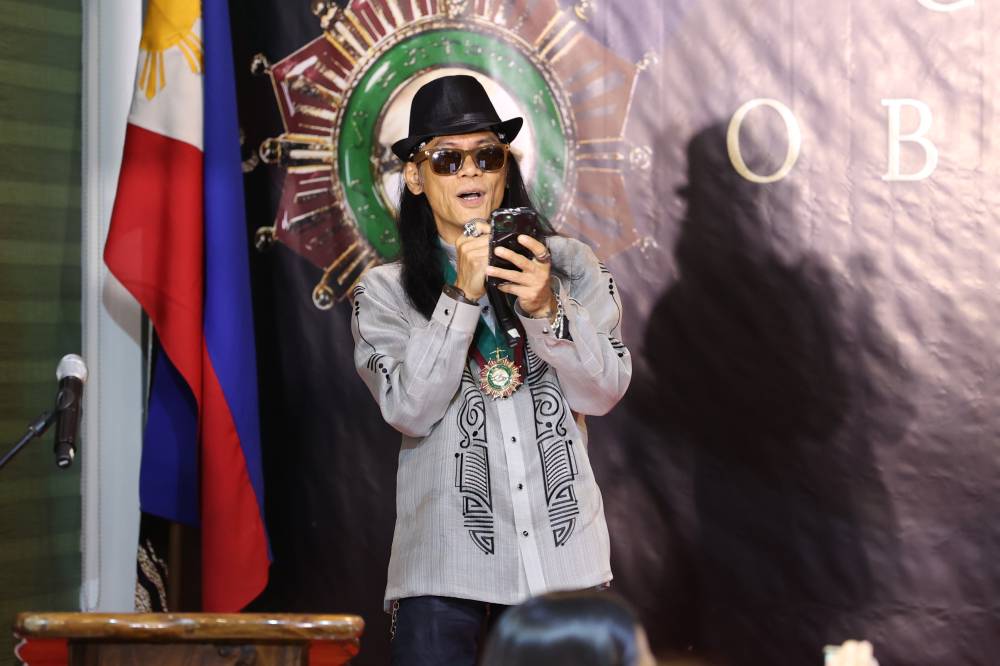
Rivera would go on to coproduce the Eraserheads’ debut album, “Ultraelectromagneticpop!,” and solely produce the band’s six succeeding albums. “To their fans, they will always be remembered as smart, clever and pilyo college dormers, who wrote catchy narratives and situational songs sung by the voice of the everyman,” he said.
“But beyond that, I know them to be dedicated artists who audaciously bucked the trends of the limiting and, at times, oppressive world of pop culture,” Rivera added.
Nostalgic
The group’s music—particularly the first three albums, “Ultra…,” “Circus” and “Cutterpillow”—are intertwined with their life in UP. Different facets and details unique to the university and its culture are immortalized in their songs, like the Kalayaan Residence Hall in “Minsan” and the beloved Casaa food court in “Shirley.”
As such, the group couldn’t help but wax nostalgic and reminisce about the experiences that informed the storytelling of their earlier work.
Adoro had the crowd cheering as he talked about the “lambingan” at the Lagoon, the fun nights they had at the Sunken Garden and the dark corners of the Beta Way that cuts across the Academic Oval. “It’s in UP that we experienced real freedom—freedom to choose, express and follow our voices,” the guitarist said in his speech.
Zabala, who hails from Zamboanga City, found “a home away from home” in UP. “It’s where it all began. My world expanded, or rather, exploded. The place gave us many unforgettable experiences—countless of which made their way into our songs,” he said.
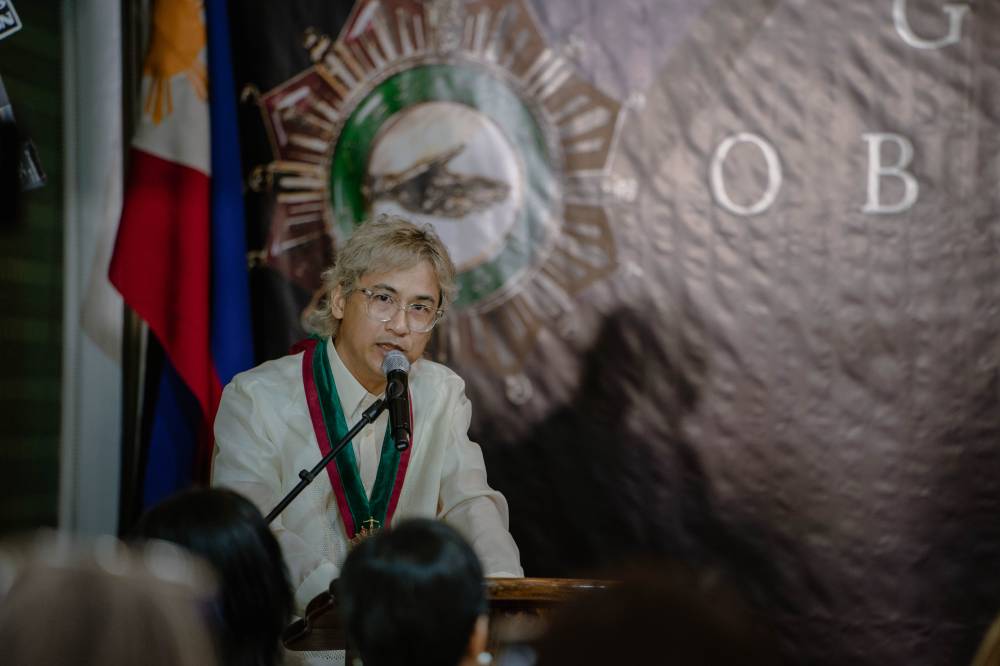
Tribute
Buendia has always wanted to speak on a podium and he made sure not to miss this opportunity. Like the batch’s model student delivering the valedictory address, he paid a heartfelt tribute to UP, which served as the group’s stage, playground and testing ground all in one.
“This was where ideas were born, dreams were nurtured … where our music found its voice. We learned the power of creativity and freedom of expression that would later define who we are later as artists,” the lead vocalist said.
Setting foot inside the campus conjured up images of the friendships forged in classrooms, the countless nights the band spent writing and dreaming, and the community that believed in their music long before they could.
More than anything, he stressed, life in UP taught him and his bandmates “how to question, challenge and speak out.” “The spirit of social engagement, the pursuit for truth, and the commitment to social responsibilities are values we have carried with us in our journey,” he said.















